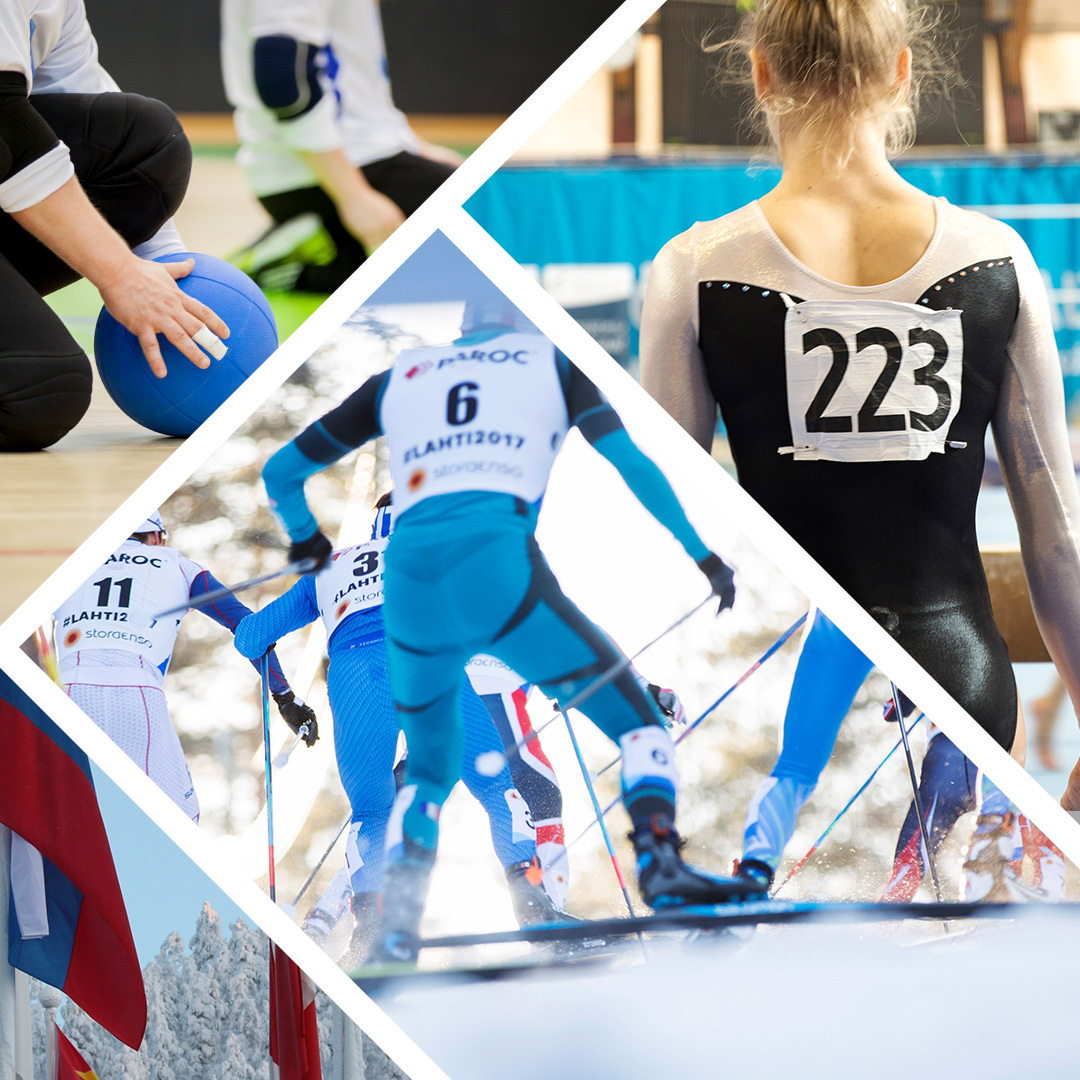FINCIS also works closely with sports federations in research. Sports federations are actively involved in studies and research projects on general ethical issues in sport. This will broadly strengthen the ethical basis of sports.
Since 2018, based on assignments from sports federations, FINCIS has conducted investigations into sexual and gender-based harassment and bullying in different sports.
The purpose of these studies has been to determine whether there is any harassment or bullying within the sport, in other words, to describe what kind of phenomenon is in question. The studies have provided the rationale and background information for the sports federations’ measures to combat harassment and create a safer sports culture.
Sports federation studies:
- Bullying and harassment in skating sports (in Finnish): A report on the bullying and harassment experienced by athletes and coaches who participated in speed skating, roller sports and Roller Derby competitions. (2020)
- Sexual harassment in tennis (in Finnish): Report on harassment of Finnish athletes who participated in international competition activities in 2008–2018 (2019)
- Harassment in the national football and ice hockey teams (in Finnish): Report on sexual and gender-based harassment experienced by players (2018)
Harassment in Finnish competitive sports
Sports play a broad and impactful role in our society. Our sports culture reflects the state and phenomena of society. Similar problems are faced in sports. Harassment cases have occurred in different disciplines. This is the reason why FINCIS is conducting a harassment study concerning all Finnish sports.
Purpose of the study
The study investigated whether harassment is present in Finnish competitive sports, what has any harassment been like and who has been guilty of it. The study was realised in co-operation with the Research Institute for Olympic Sports KIHU and the sports federations that took part in the survey.
Nearly 50 sports federations participated in the study, and the target group was licensed competitive athletes who are at least 16 years of age. The study was conducted between autumn 2019 and summer 2020. A report on the study was published in autumn 2020.



